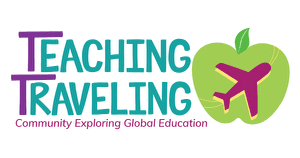
Teaching Traveling: Mark Horoszowski, Tell us a bit about your background.
Mark: I’m a first-generation American, born to a Father from Poland and Mom from Slovenia. I was raised in Seattle in the upper left coast of the USA, where I quickly fell in love with the outdoors, and still look for any excuse to go camp, hike, or ski.
I graduated with a Masters in Accounting, and had a short stint at one of the “big four” accounting firms, PwC. I then found my way into healthcare marketing during the start of digital marketing where I was able to bring my acumen for numbers and passion for healthcare into one place.
All the while, I volunteered extensively with the American Cancer Society. Eventually, I got to the point where I loved my volunteer projects but was burned out at work, so I spent a year traveling and volunteering my skills around the world.
That was 2010, and that led to the creation of MovingWorlds — a social enterprise that helps get expertise to the parts of the world that need it most by connecting skilled professionals to the best place to volunteer their skills, on their own, or sponsored by their companies. We call it Experteering.
Here’s a fun video Booking made about me and MovingWorlds.
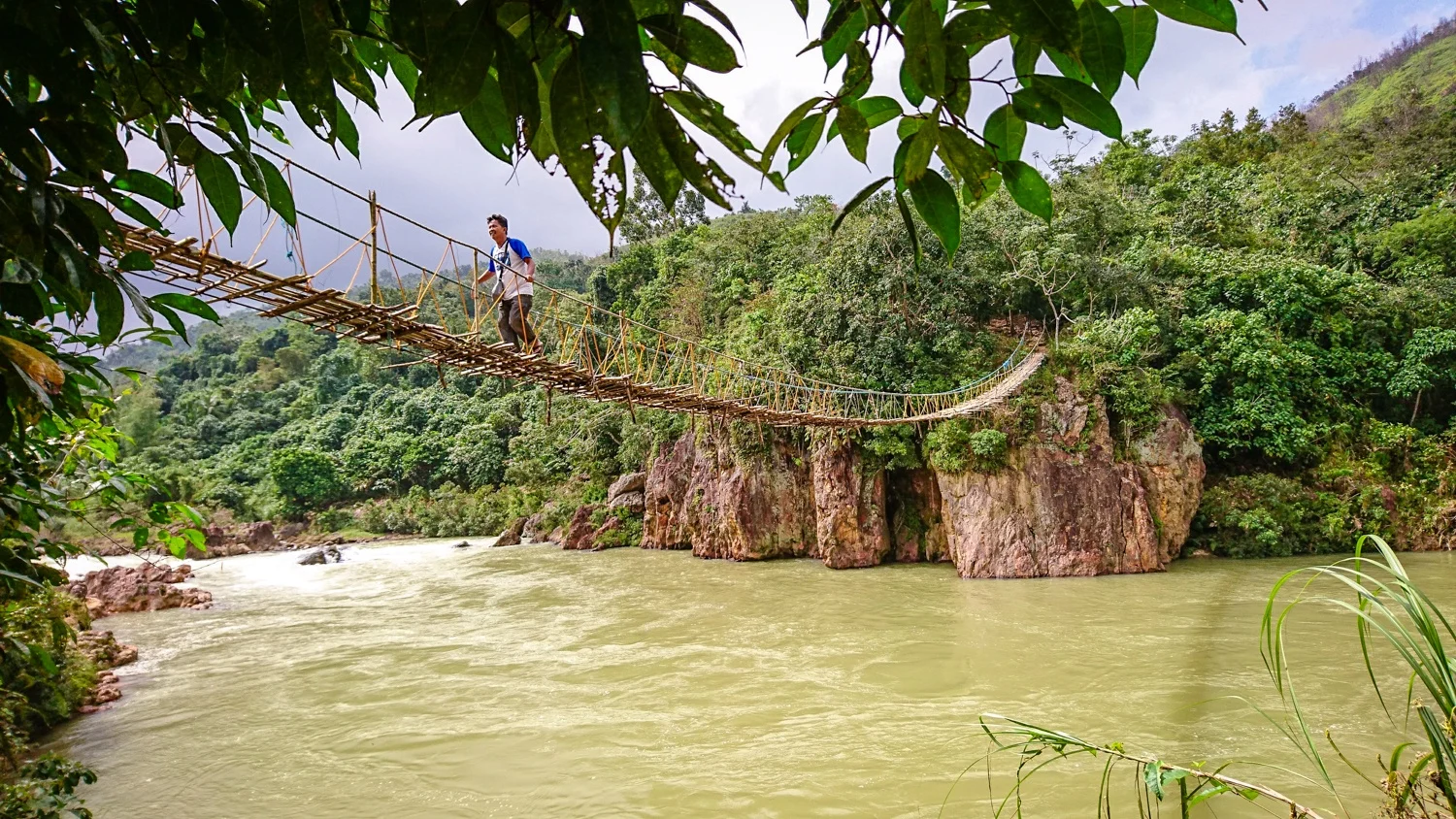
TT: Amazing! What exactly is Experteering?
M: It’s literally the combination of Expertise + Volunteering. Voluntourism has, rightfully so, developed a very bad connotation because of misaligned incentives.
However, a “talent gap” — the idea that local change-makers don’t have the ability to access the right know-how and expertise to grow — is one of the leading barriers to progress. We had the chance to share more about Experteering on TV here.
If people want to go, they can go on their own, join a team, or apply to be one of our Global Fellows. We’re also at the start of an exciting trend where companies, like Microsoft, are using our services to sponsor their own employees on Experteering trip.
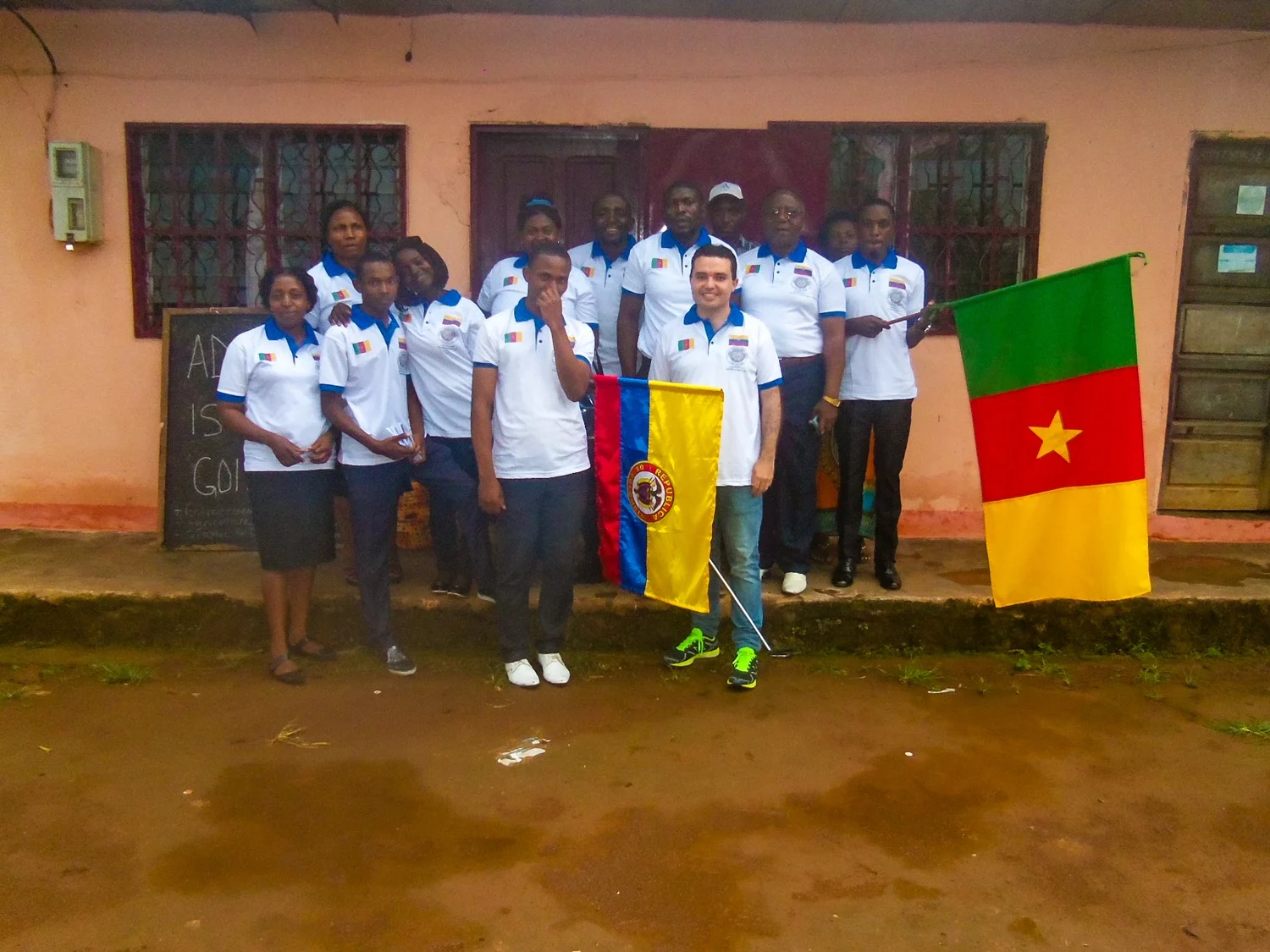
TT: Let’s talk about Voluntourism vs. Experteering more… how can people actually make an impact when traveling overseas?
M: As a social enterprise, our commitment is to get expertise to the parts of the world that need it more, while providing life enriching experiences to those that give. To do that right, we’ve worked hard to use data to show that Experteers from overseas actually help in ways that traditional voluntourists don’t.
We also use a vetted matching and planning process to ensure that our trips don’t create unintended consequences (like propagating kidnapping or animal abuse issues). We’ve been published for best practices in international skills-based volunteering time and time again, and also developed a training for our Experteers to help them create a real impact.
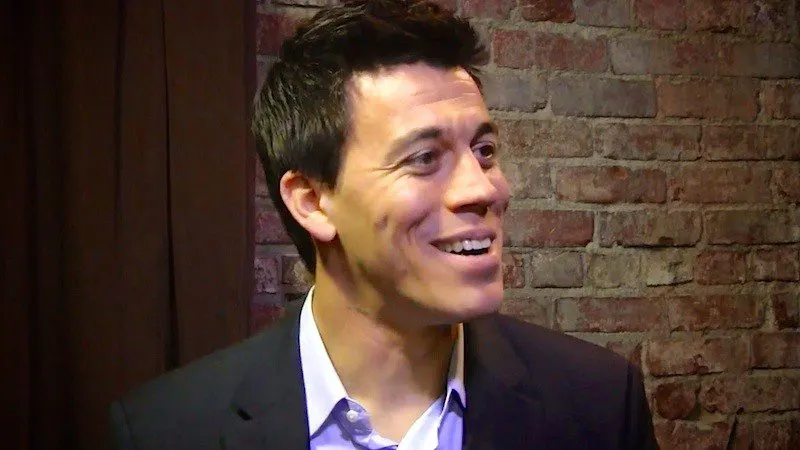
TT: Wow! Tell us more about your own travels.
M: So in 2010-11 I traveled and volunteered. I also snuck in a little adventure, like skiing off the top of Mera Peak in Nepal (a really cool group led by a local tour guide, Trek Climb Ski, was there and filmed it, and it’s one of the first ski videos on that peak!).
But I remember hearing this quote from Yvon Chuinard who started Patagonia… something to the effect that, “If you’re an jerk and you go climb a mountain, you’ll still be a jerk when you come back.”
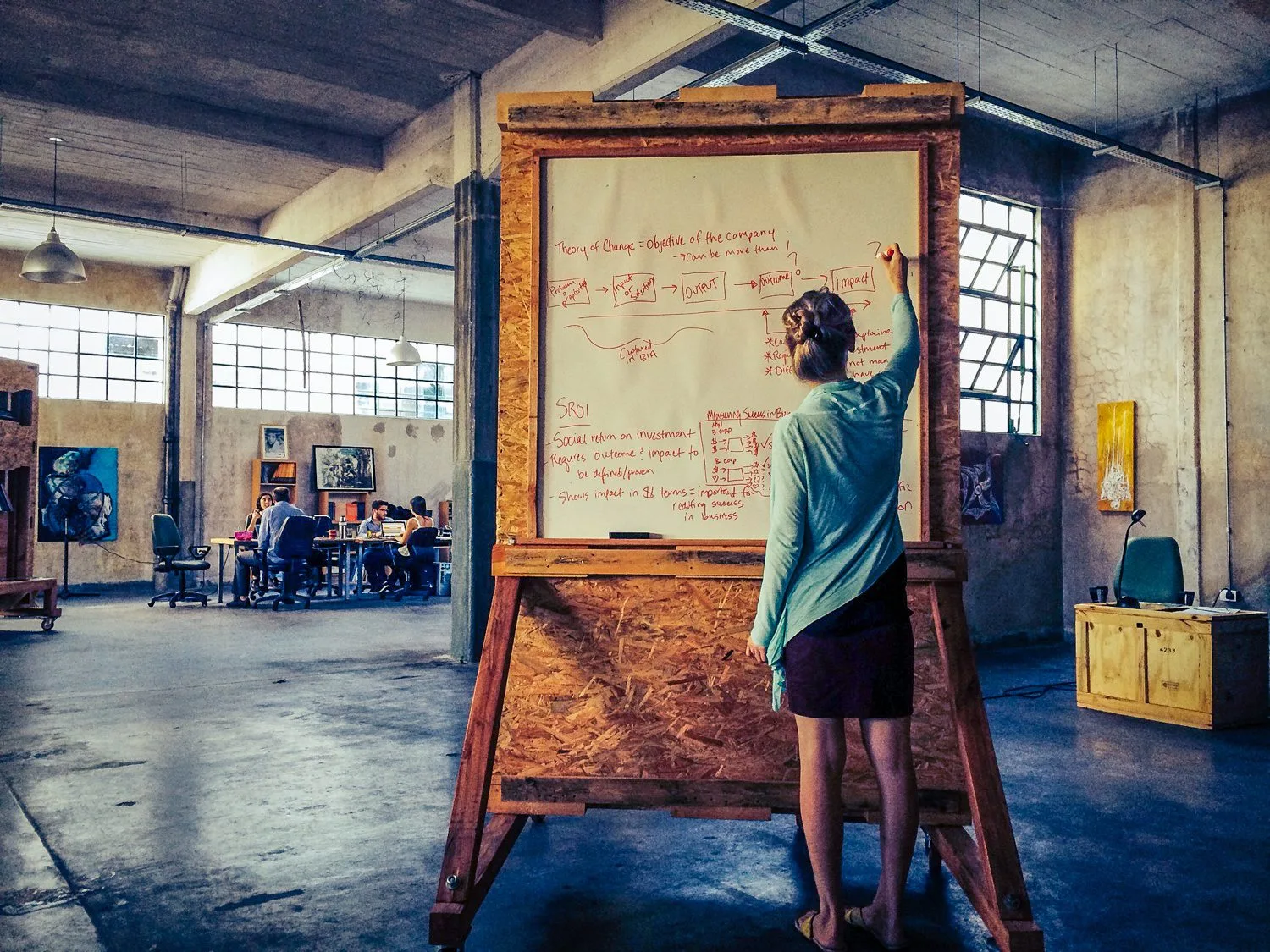
I wouldn’t say I was a bad person, but that quote stuck with me. Mountain climbing doesn’t cure or empower people. Neither does travel. But engaging in meaningful activities that push you out of your comfort zone and give you the space and time to set goal, build confidence, and reflect on your changes is what changes people. So I stopped climbing and skiing peaks and started volunteering.
In Nepal, I went to Tikot where I worked with teachers and the community to extend the impact of the Nepal Wireless Networking Project, which aims to connect schools and health clinics in remote, mountainous areas to reliable internet to improve education and health.
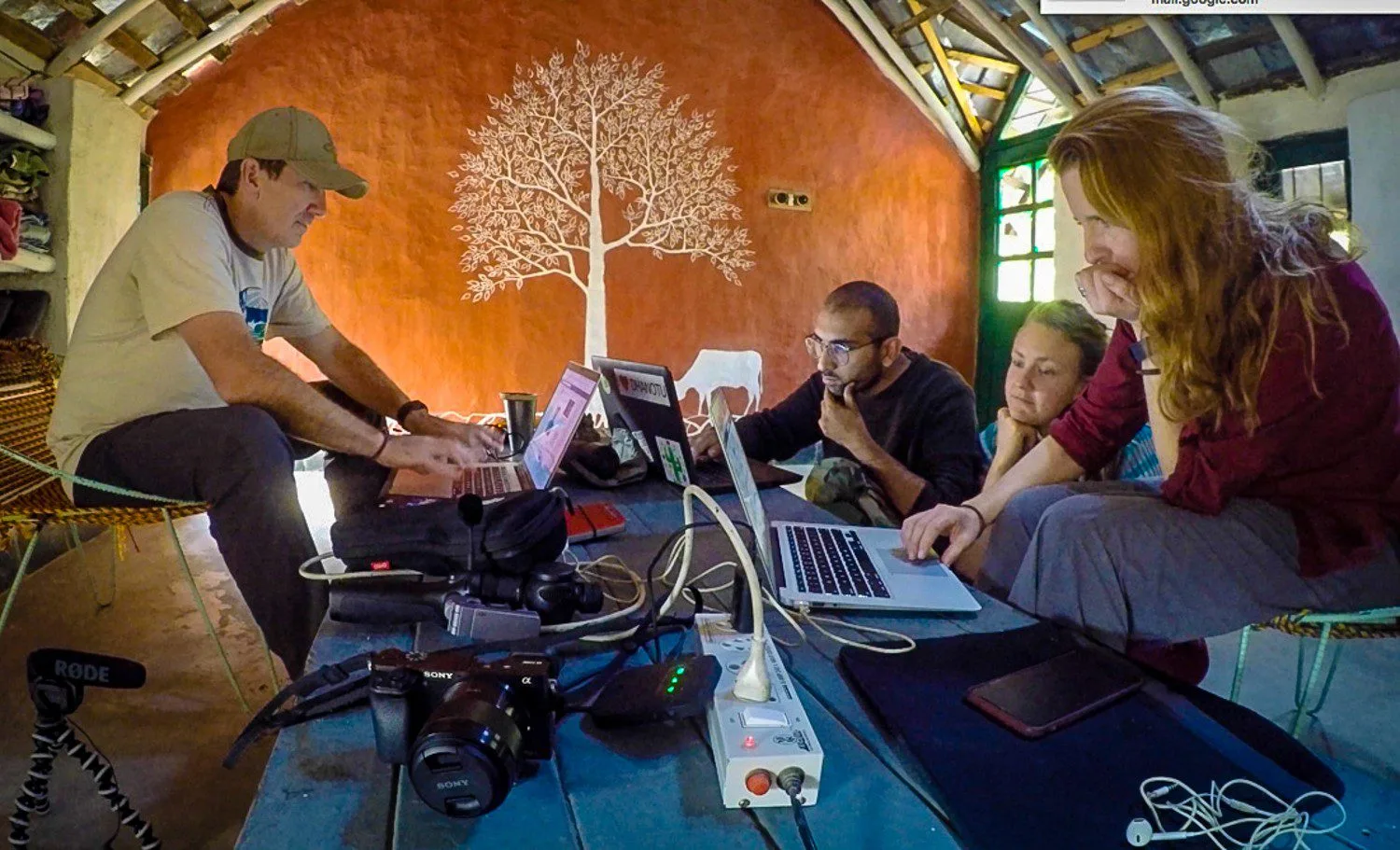
TT: Fascinating transition. How do you find your travel opportunities?
M: Back in 2010, it was like a business development campaign. I searched for “Innovative social enterprise” and other related terms on Google for every city I wanted to go, and then started emailing every interesting organization I could find.
I would tell them I was on a global volunteer adventure researching what made social enterprises flourish (or not), and offered to trade my skills in exchange for the opportunity to learn. It was amazing the connections I made!
TT: Inspiring. How did you find the money to fund your travel?
M: I had been working and saving for a house. So I just spent that money… It was a much better investment!!!
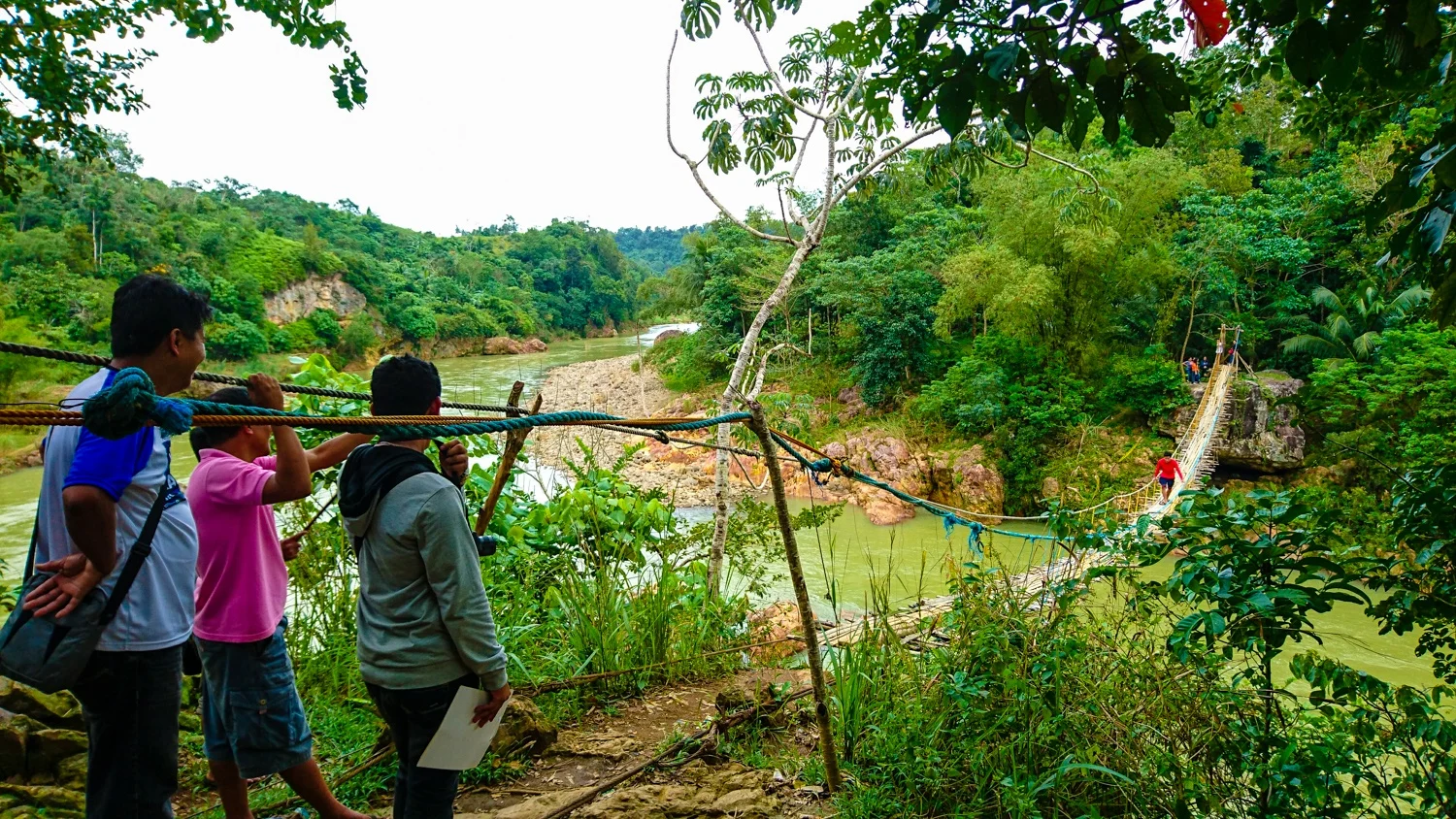
TT: Hah! Tell us one moment from your travels that was particularly powerful.
M: When I was staying in Tikot village with the teachers, we went on a 3 day trek to some remote tea houses that were future sights for the Nepal Wireless Project. I actually didn’t want to go because I wanted to stay in the village and work at the school. But it ended up being an amazing opportunity.
We got lost together, starved together when we ran out of food and water, got cold together when it snowed… we bonded as real friends and partners. We were all on the same page there in that crazy trek we did, (which now is advertised as a 7-10 day trek for adventurous tourists now that those sites have been developed more). And once we bonded as partners, it made our work back at the school more effective and fun.
There’s a lesson there that is also in our training: even if you’re the world’s foremost expert, when you go Experteering, you seek to create a partnership first. Only from there can change happen.

TT: What a great lesson. Now, how have your travels impacted you in your current career, and as a person?
M: I think travel taught me out to teach, and it taught me patience, understanding, the importance of working across cultures. What I learned is that people learn differently, and if you’re a leader, it’s on you to adapt, not force that adaptation on others.
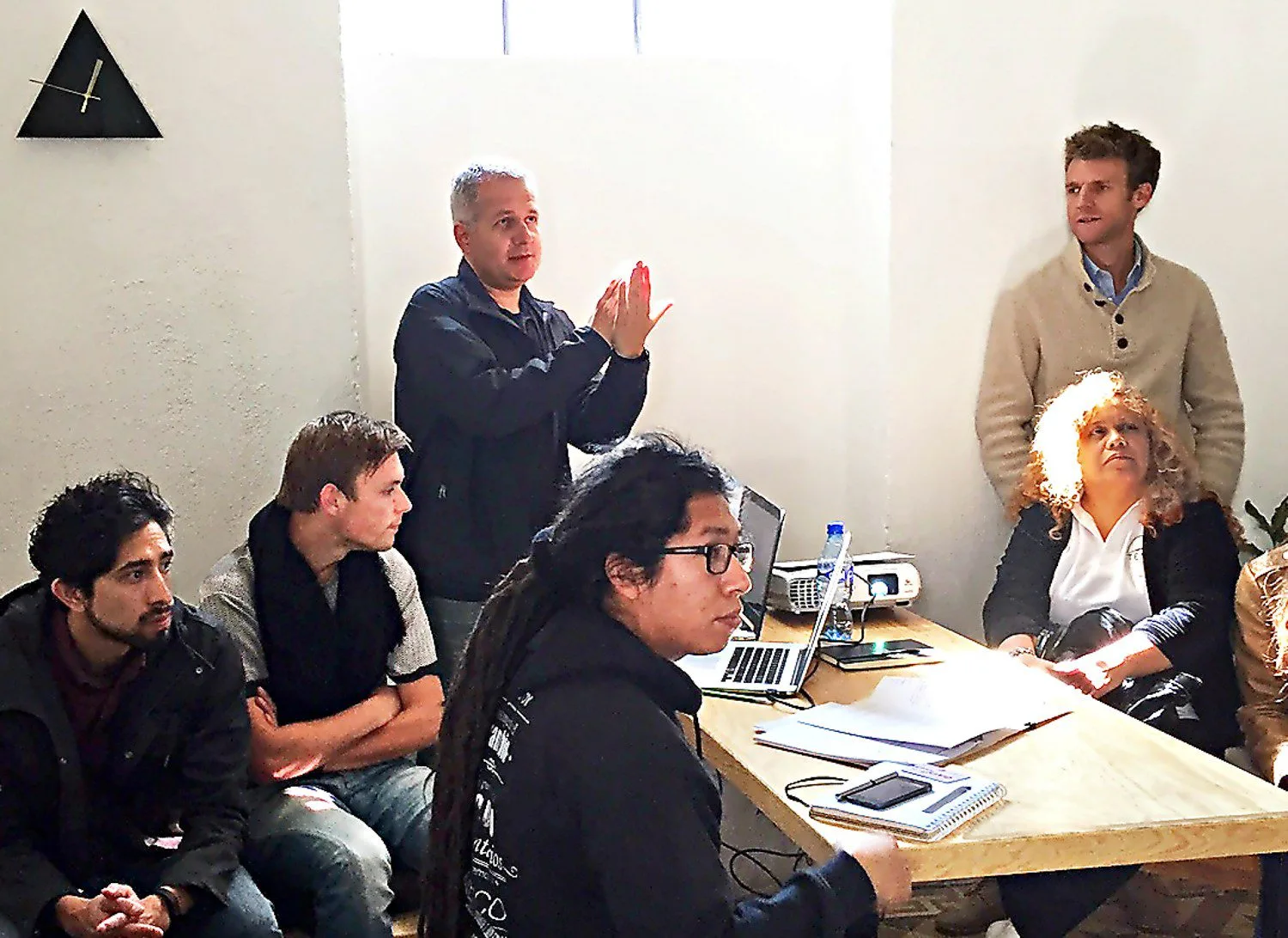
TT: Well said. What advice do you have for teachers who are dreaming of travel, or travelers dreaming of teaching?
M: In our Experteering best practices training, we leave everyone with this quote from Lao Tzu:
“Go to the people.
Live with them.
Learn from them.
Love them.
Start with what they know.
Build with what they have.
But with the best leaders,
when the work is done,
the task accomplished,
the people will say
‘We have done this ourselves.”
Many Thanks!
TT: Love it! Thanks so much, Mark. Readers, what questions or comments do you have?

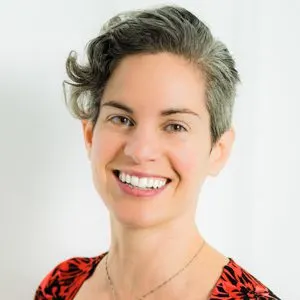
The author, Lillie Marshall, is a 6-foot-tall National Board Certified Teacher of English from Boston who has been a public school educator since 2003. She launched TeachingTraveling.com in 2010 to share expert global education resources, and over 1.6 million readers have visited over the past decade. Lillie also runs AroundTheWorld L.com Travel and Life Blog, and DrawingsOf.com for educational art. Do stay in touch via subscribing to her monthly newsletter, and following @WorldLillie on social media!
